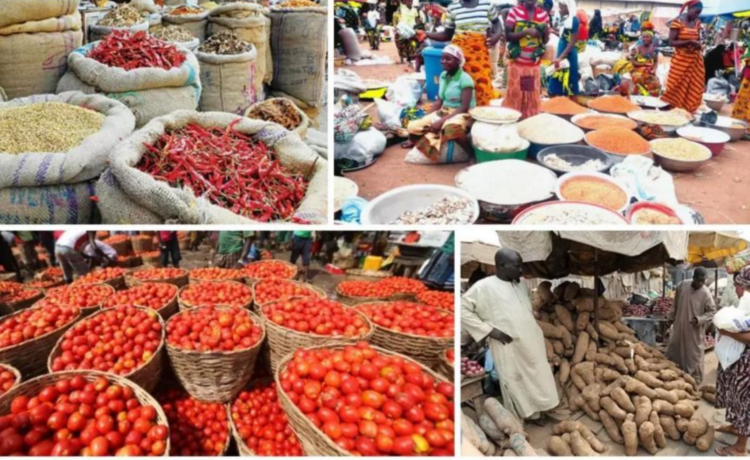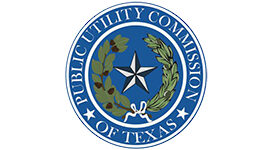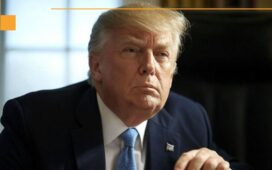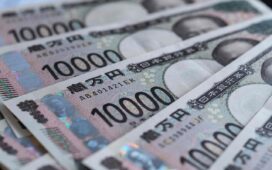The Nigerian Economic Summit Group (NESG) has projected that inflation will drop to 24.7% in 2025.
The group also forecasts that the foreign exchange rate will stabilize at an average of N1,300 per US dollar, driven by anticipated improvements in fiscal and monetary policy alignment.
This is contained in the NESG’s 2025 Macroeconomic Outlook Report released on Thursday, January 23, 2025, under the theme “Stabilisation in Transition: Rethinking Reform Strategies for 2025 and Beyond.”
The report credits the anticipated reduction in inflation to better coordination between fiscal and monetary policies. By aligning government spending with targeted monetary interventions, policymakers aim to curb the inflationary pressures that have plagued the Nigerian economy in recent years.
“…inflation is projected to decline to 24.7 percent, signaling an improvement in the country’s macroeconomic stability.
“The exchange rate is projected to strengthen, averaging N1300/US$1 in 2025 under the ideal stabilization pathway.
“The effective coordination of fiscal policies with monetary policy measures will drive this anticipated reduction in the inflation rate,” NESG noted.
In its analysis, the NESG highlighted key measures responsible for this projected improvement. These include disciplined government spending, strategic interventions in critical economic sectors, and measures to mitigate the effects of global economic uncertainties on Nigeria’s domestic economy.
Exchange Rate to Strengthen
The NESG also forecasts a notable improvement in the exchange rate, predicting that the naira will average N1300/US$1 in 2025 under an ideal stabilization pathway. This expected strengthening of the naira is tied to a combination of favorable economic conditions:
- Higher Crude Oil Sales: As global demand for crude oil stabilizes, increased production and export from Nigeria are projected to bolster foreign exchange earnings.
- Resurgence of Oil Refining: The ongoing resuscitation of Nigeria’s oil refining sector is expected to reduce import dependency for refined petroleum products, conserving foreign exchange reserves and easing pressure on the naira.
- Expanded Agricultural Production: Enhanced agricultural output driven by government support and private sector investments is likely to increase Nigeria’s export portfolio, further contributing to forex inflows.
“This anticipated improvement reflects combined impact of higher crude oil sales, expanded manufacturing output due to resuscitation of oil refining sub-sector, and increased agricultural production, all contributing to enhanced foreign exchange (forex) earnings,” NESG noted.
What you should know
The National Bureau of Statistics (NBS) reports that headline inflation rate in Nigeria reached 34.80% in December 2024.
President Bola Tinubu vowed to reduce inflation rate to 15 percent in 2025.









